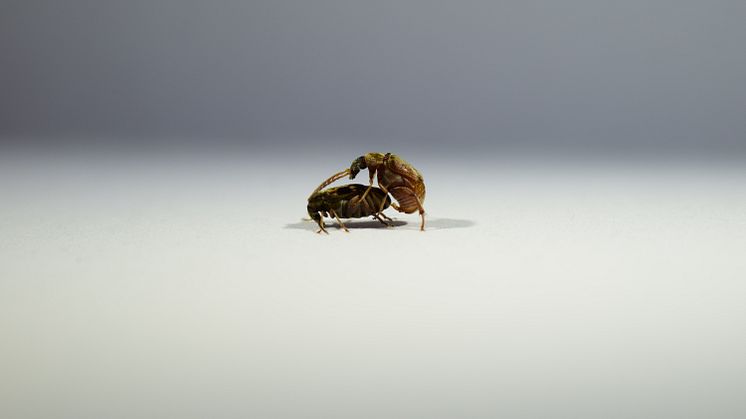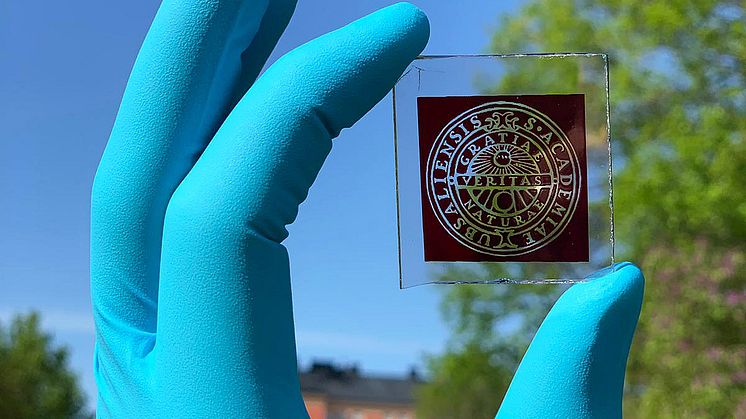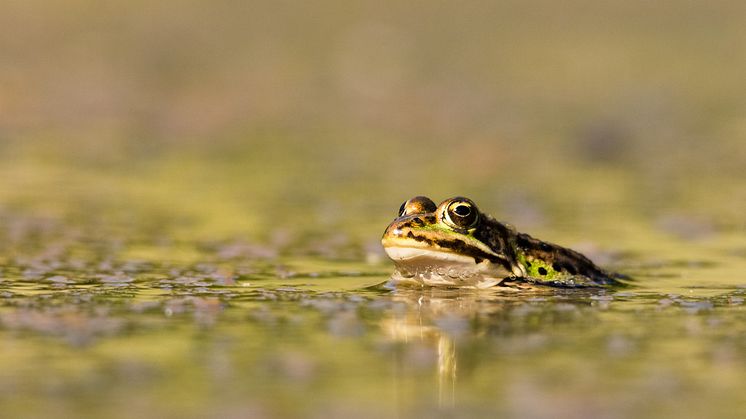Inventing the Sustainable Batteries of the Future
The European large-scale research initiative BATTERY 2030+ presents the long-term research roadmap that outlines the actions needed to invent the sustainable batteries of the future.
The European large-scale research initiative BATTERY 2030+ presents the long-term research roadmap that outlines the actions needed to invent the sustainable batteries of the future.
Cancer cells grow and divide in an uncontrolled manner. A new study from Uppsala University now shows how alterations in a cell’s degradation hubs, called lysosomes, can cause abnormal cell growth. The results are published today in the scientific journal Nature Communications.
Males that face tougher competition for females risk having offspring with a greater number of harmful mutations in their genome than males without rivals. Researchers at Uppsala University have discovered this correlation in the beetle species Callosobruchus maculatus. Their study is published in the scientific journal Nature Ecology & Evolution.

Could the ability of cancer cells to quickly alter their genome be used as a weapon against malignant tumours? Researchers at Uppsala University have succeeded in developing a substance that has demonstrated promising results in experiments on both animal models and human cancer cells. The study is published in the journal Nature Communications.
Scientists at Uppsala University have proposed an addition to the theory of evolution that can explain how and why genes move on chromosomes. The hypothesis, called the SNAP Hypothesis, is presented in the scientific journal PLOS Genetics.
In a future where most things in our everyday life are connected through the internet, devices and sensors will need to run without wires or batteries. In a new article in Chemical Science, researchers from Uppsala University present a new type of dye-sensitised solar cells that harvest light from indoor lamps.

Pool frogs infected with the parasitic chytrid fungus Batrachochytrium dendrobatidis range over shorter distances. This is the conclusion of a study conducted by researchers at Uppsala University and the Swedish University of Agricultural Sciences (SLU), who have investigated how the fungus affects the mobility of the red-listed pool frog along the Uppland coast.

Researchers at Uppsala University and the University of Leeds presents a new mathematical model of patterns of diversity in the fossil record, which offers a solution to Darwin’s “abominable mystery” and strengthens our understanding of how modern groups originate. The research is published in the journal Science Advances.
Bad News, a game devised to make players better at spotting fake news and misinformation, has the intended effect in Sweden, Greece, Germany and Poland. This is evident from a new academic study from the Universities of Uppsala and Cambridge. The assessment shows an improvement in players’ ability to detect fabricated news reports while retaining their trust in real news.
The quicker someone completes the long distance cross-country ski race Vasaloppet, the lower the risk of them developing high blood pressure. This is the conclusion of a new study conducted by researchers at Uppsala University published in the online scientific journal Circulation.
An improved method for reading and interpreting genomes from organisms that are difficult to investigate has been developed at Uppsala University. A team of researchers, led by Dr Anna Rosling, has applied this method to decipher the genetic information of fungi present in the environment, which can be relevant, for example, for plant growth.
Antibiotic-resistant tuberculosis is a common and serious problem globally. In a new article, researchers from Uppsala University describe how tuberculosis bacteria that carries a mutation that in theory should kill them manages to stay alive. The researchers discovered that the same trick that kept the bacteria alive also made them resistant to a very important type of antibiotic.